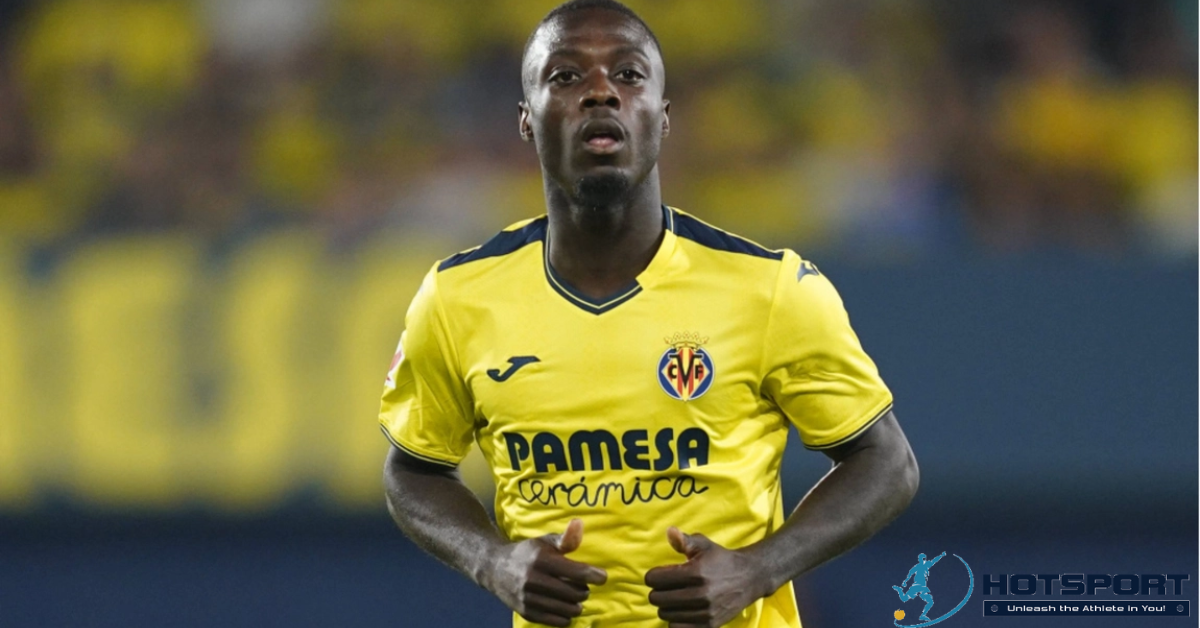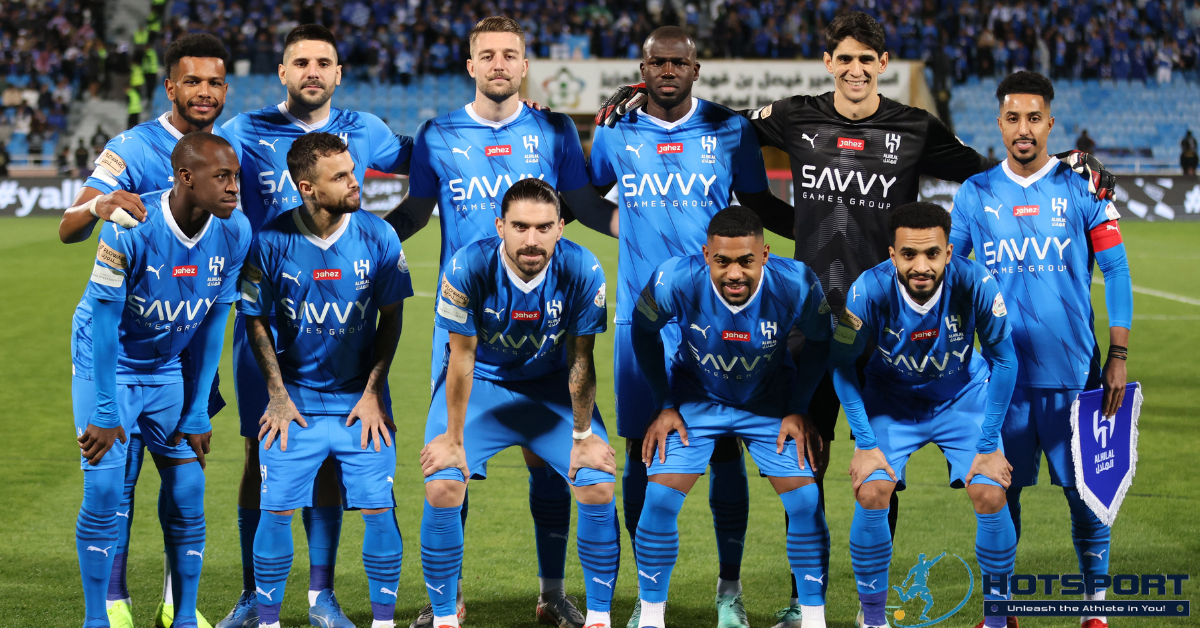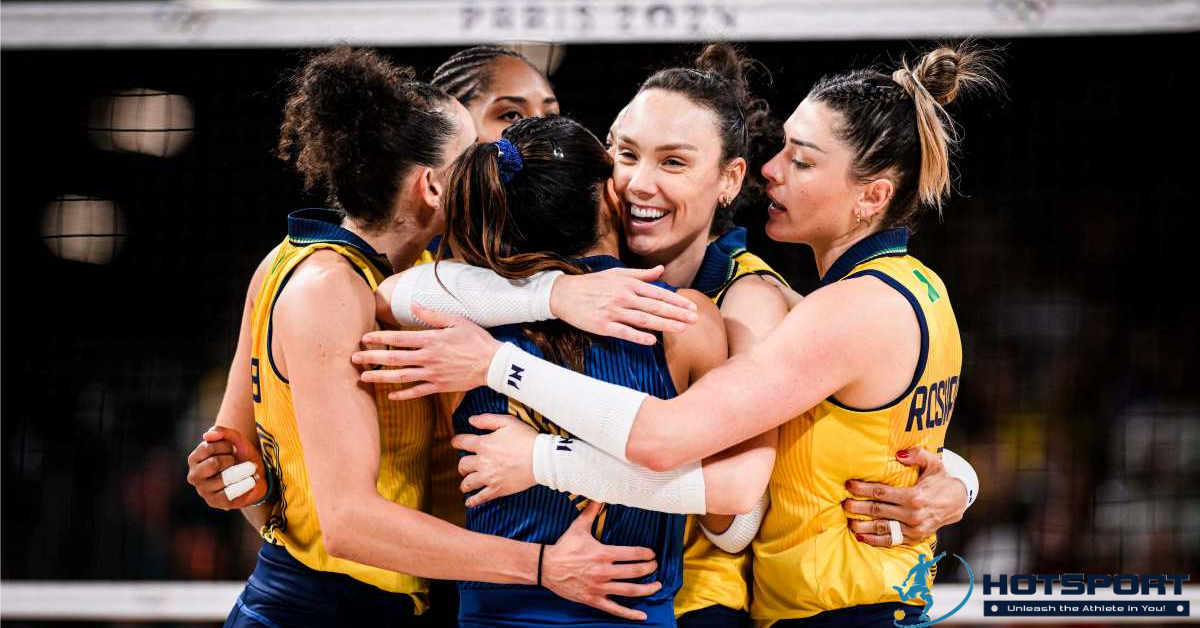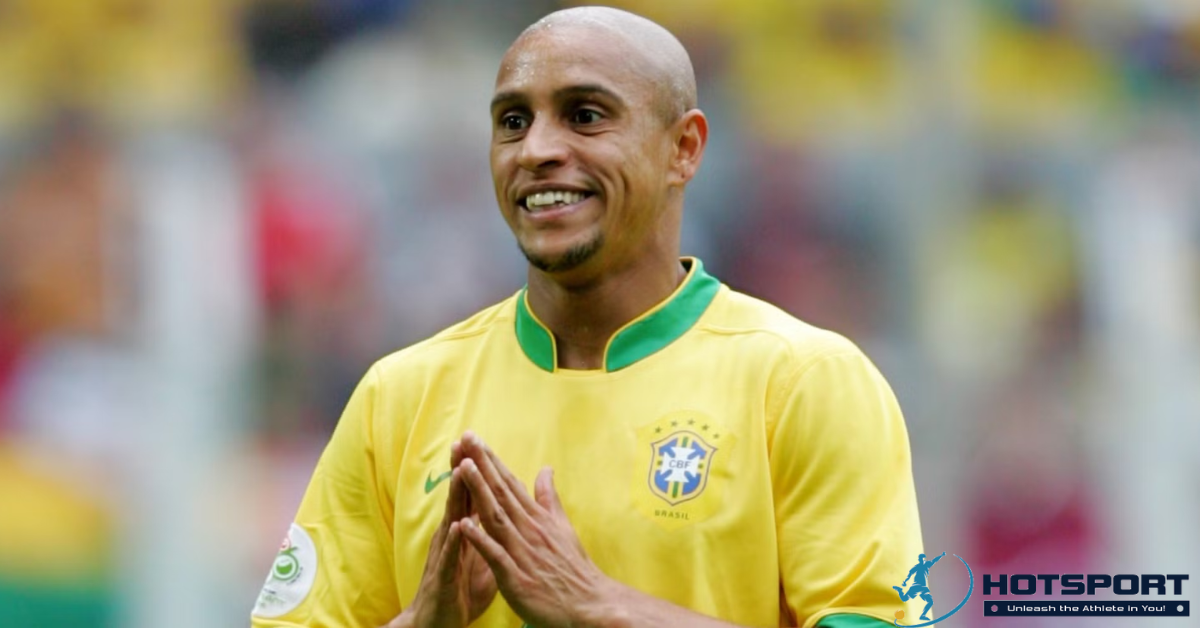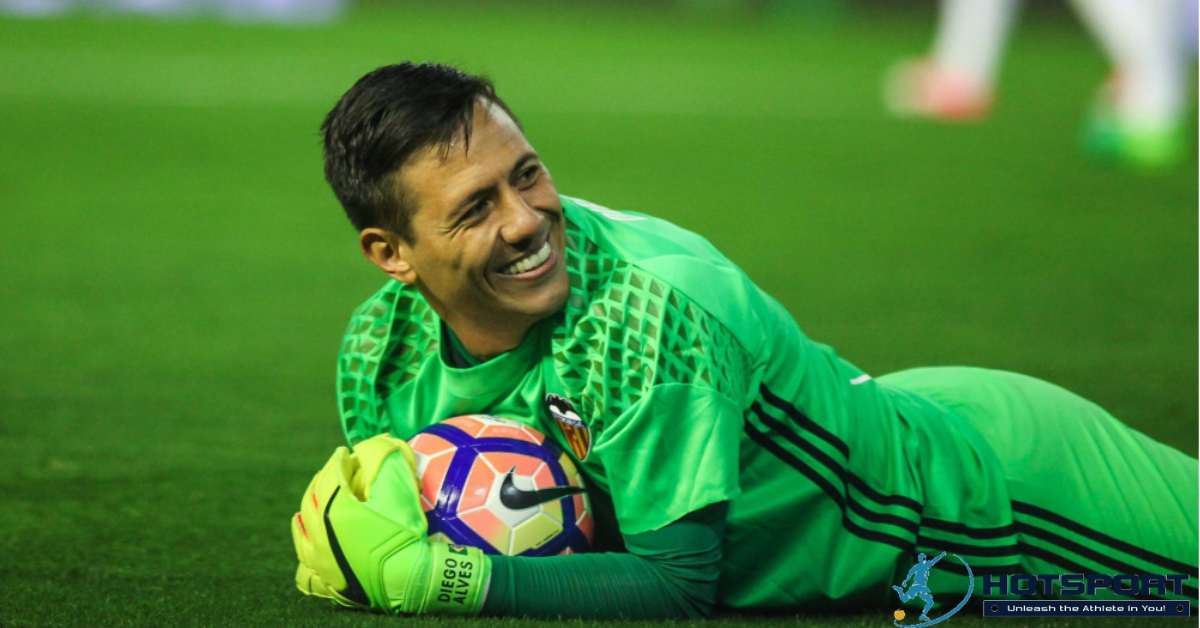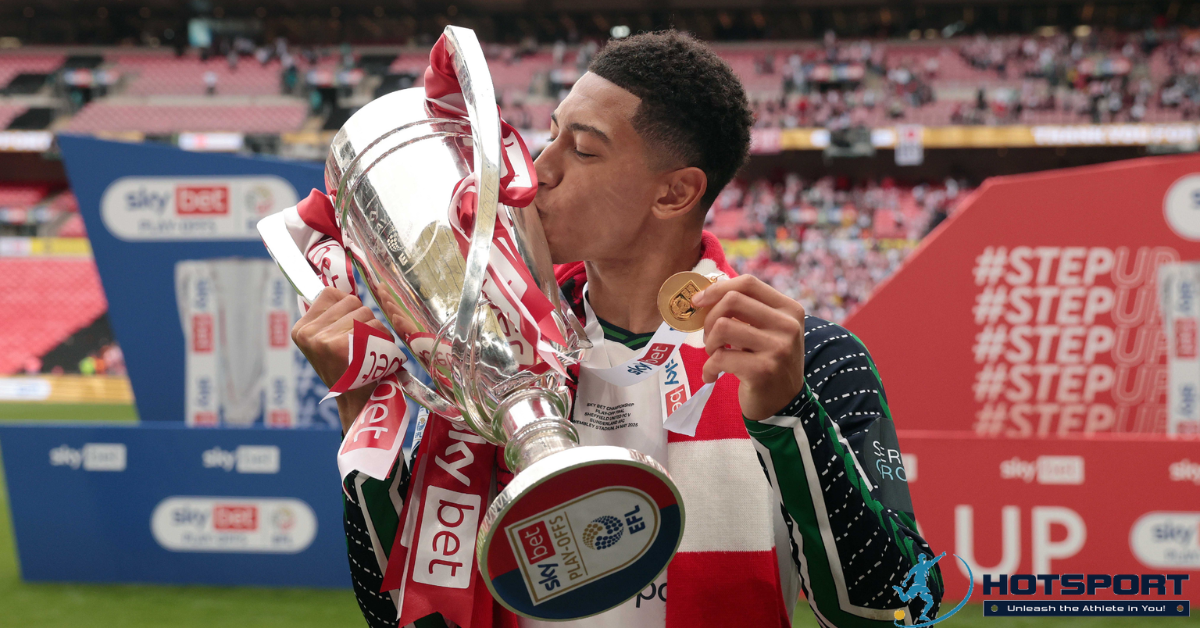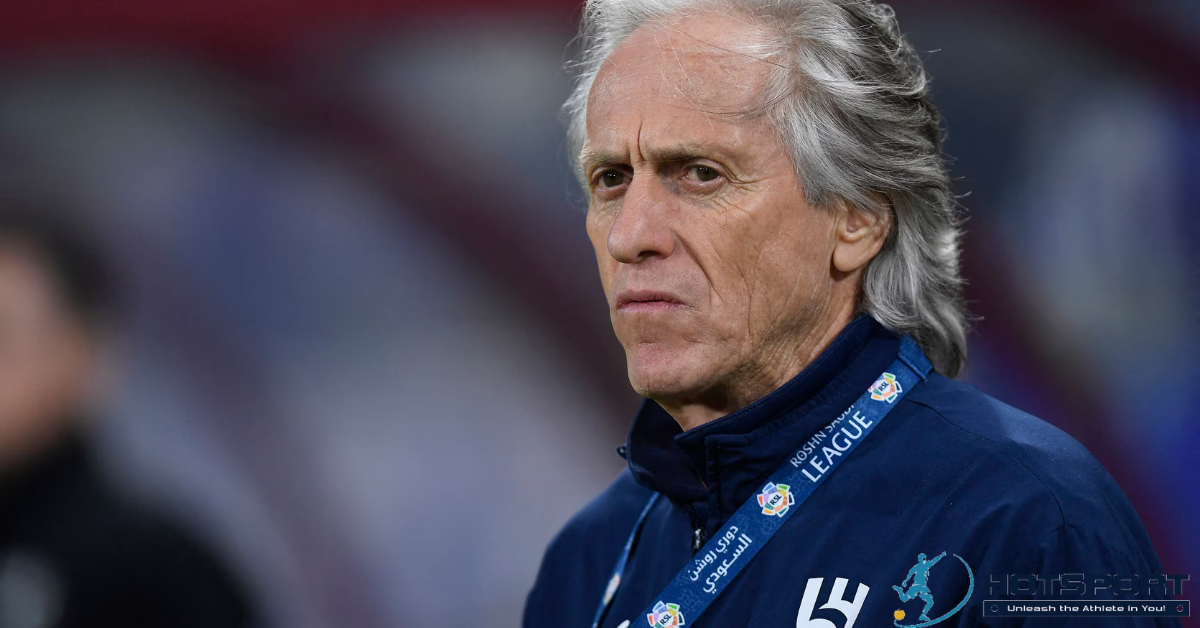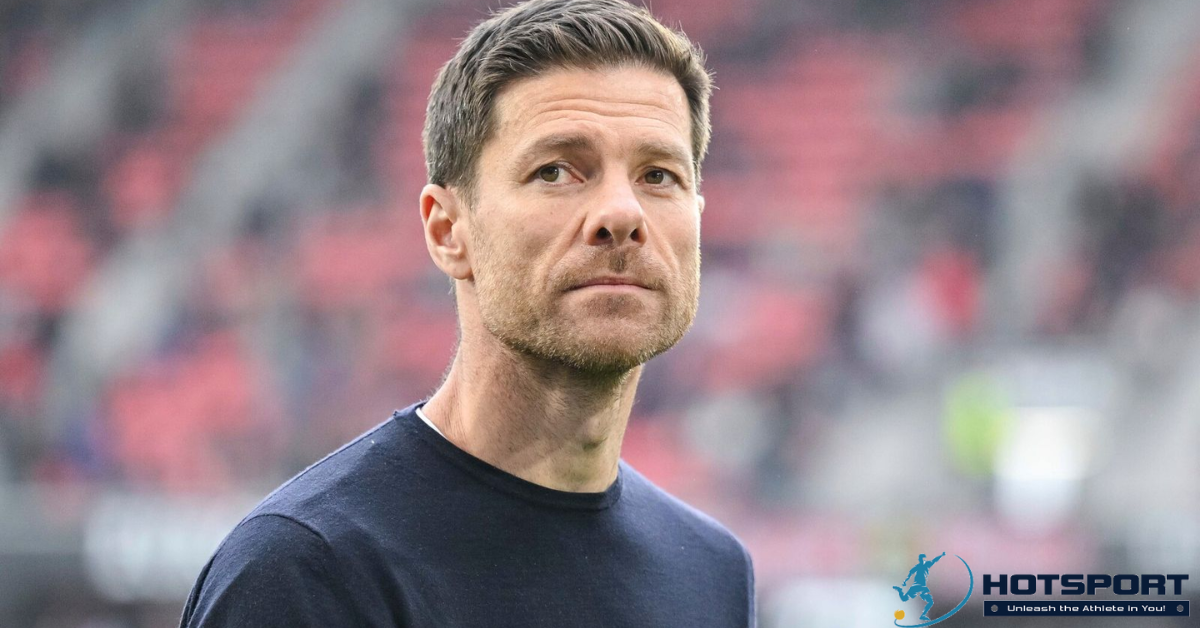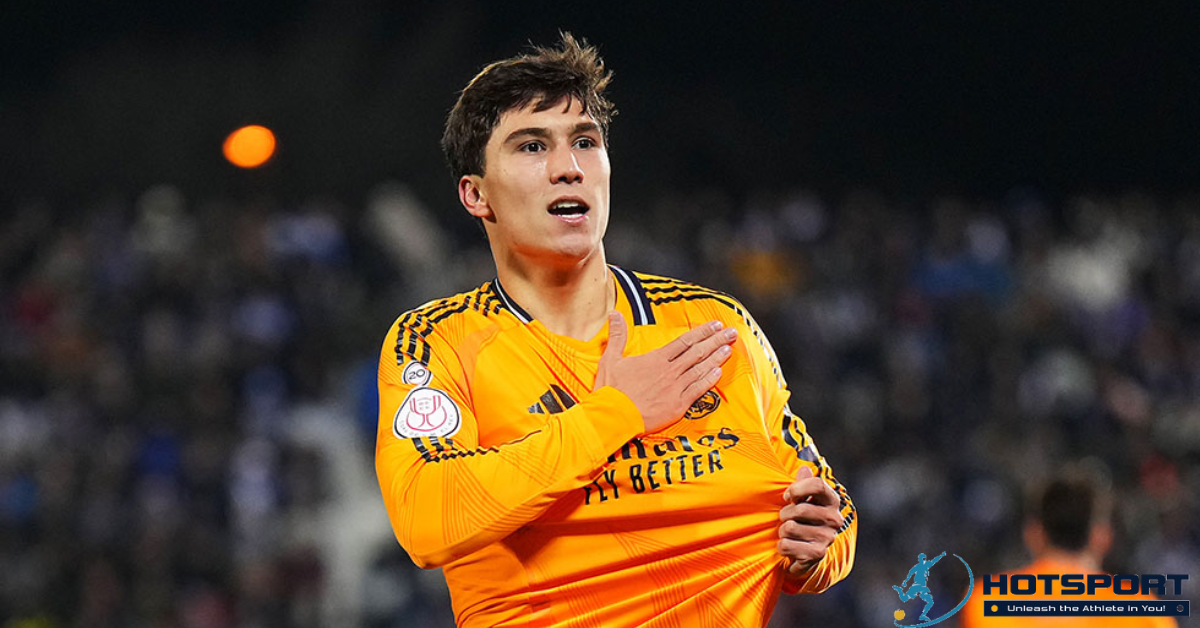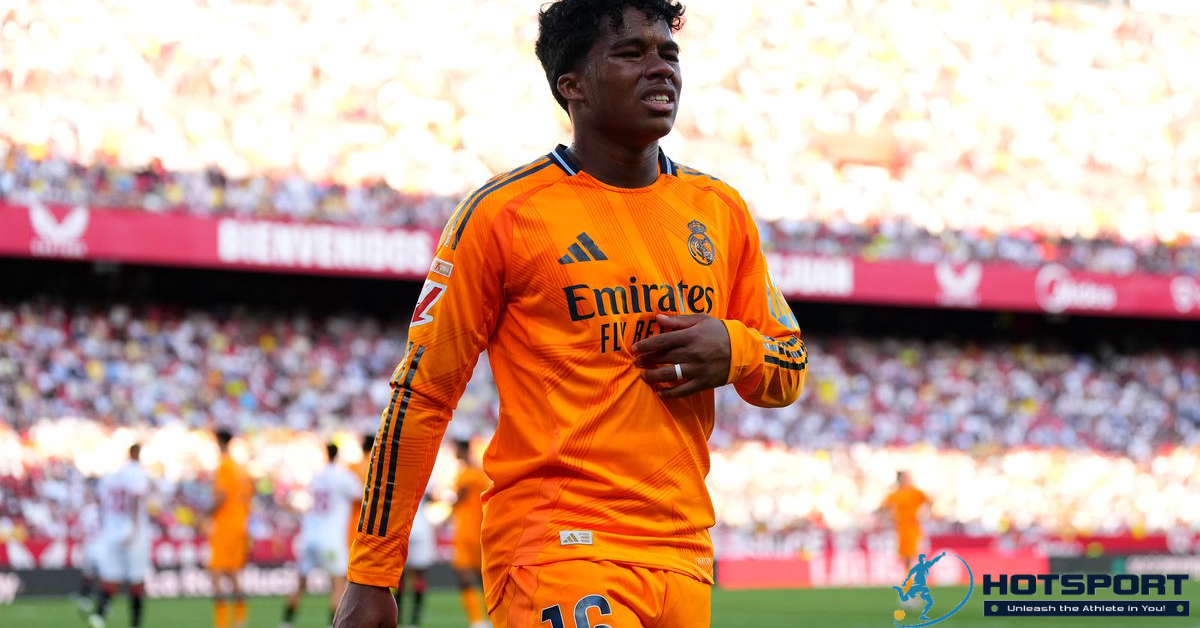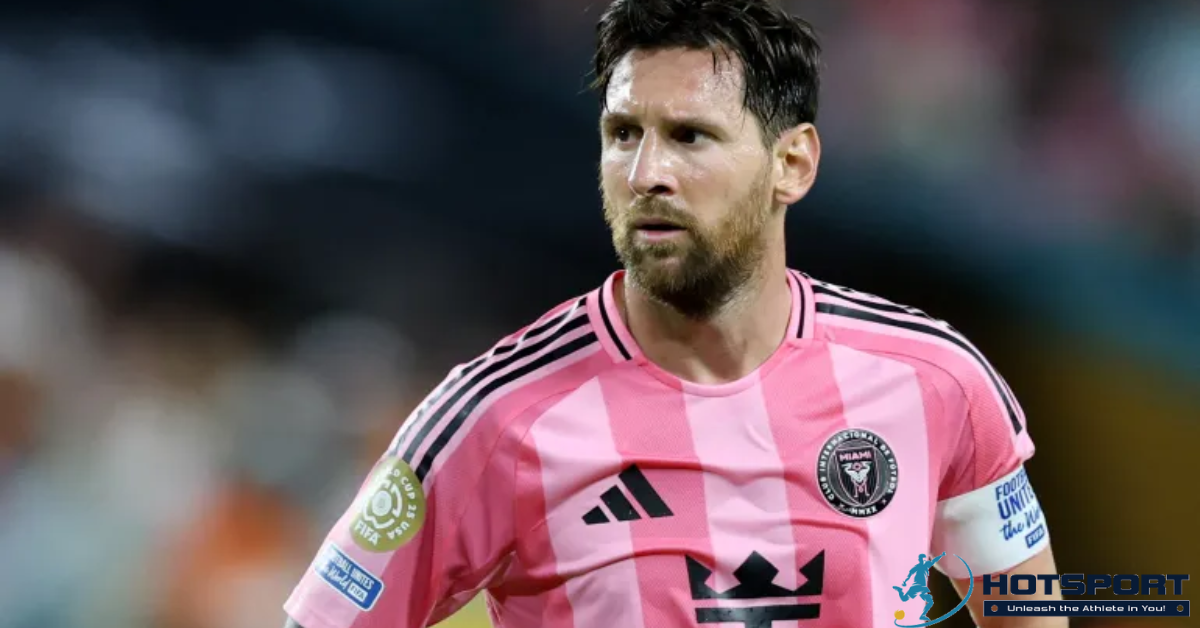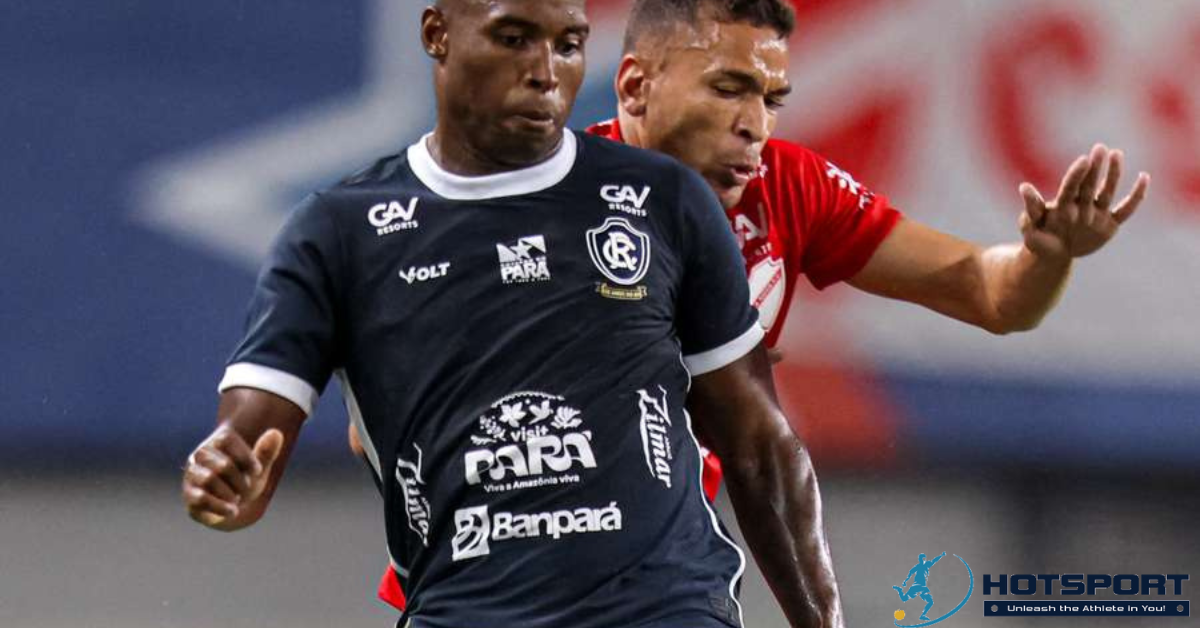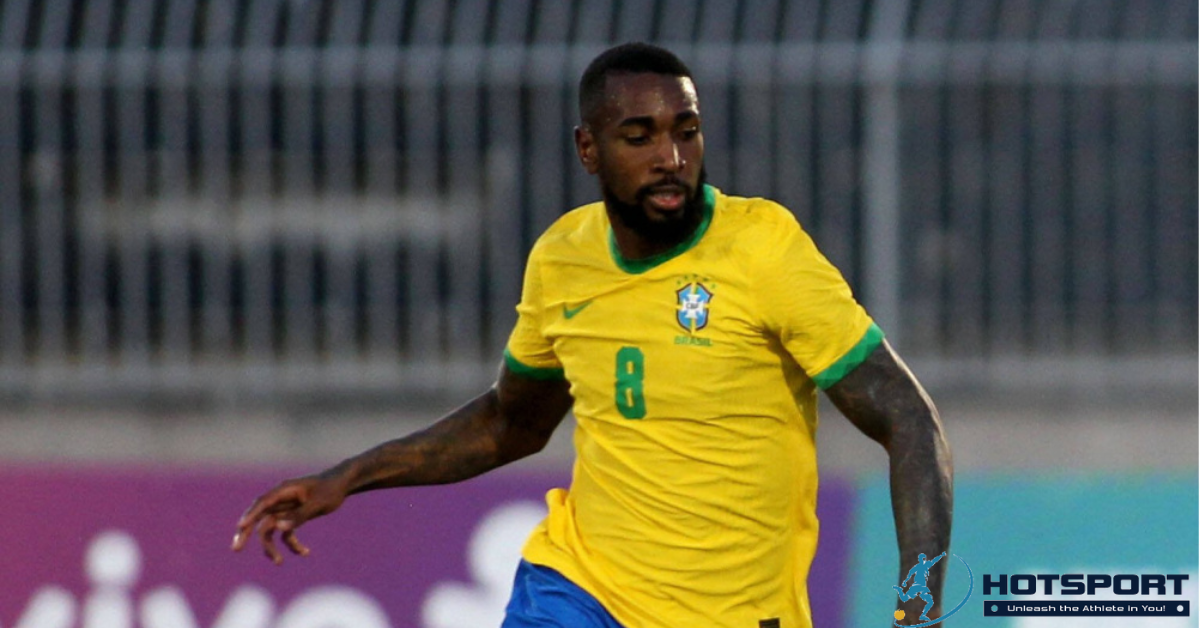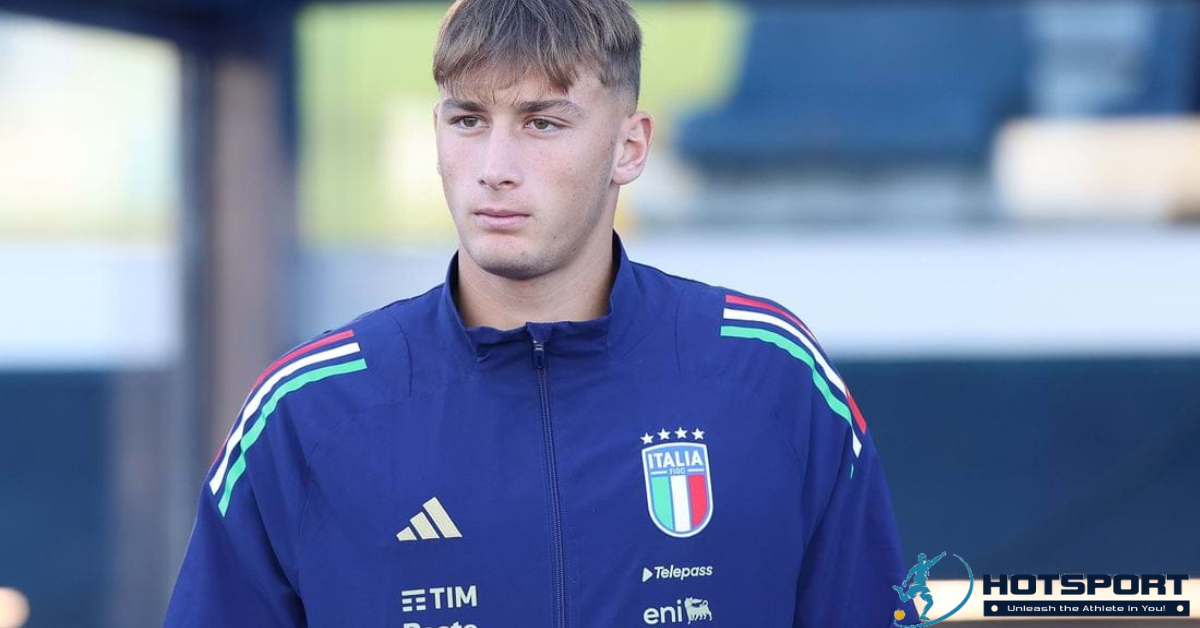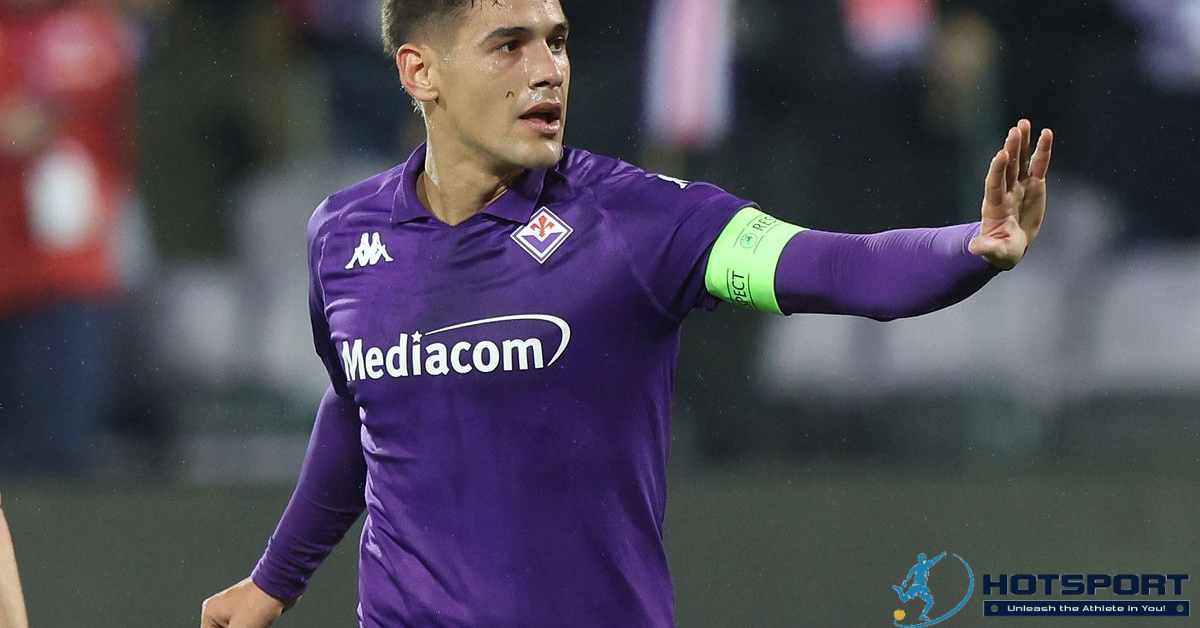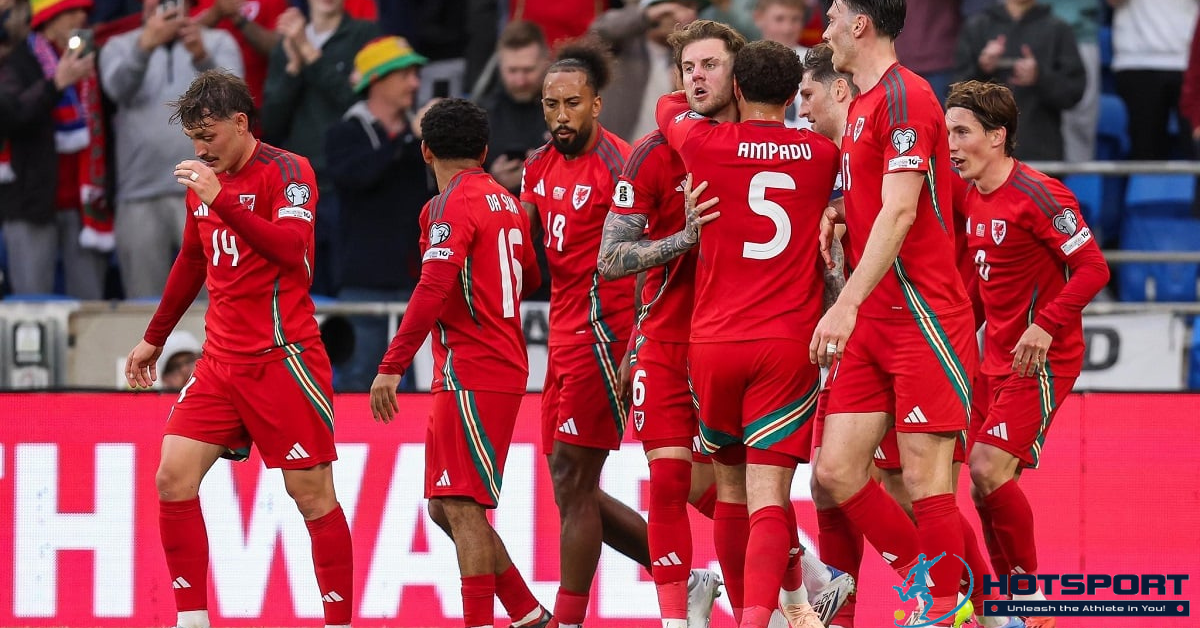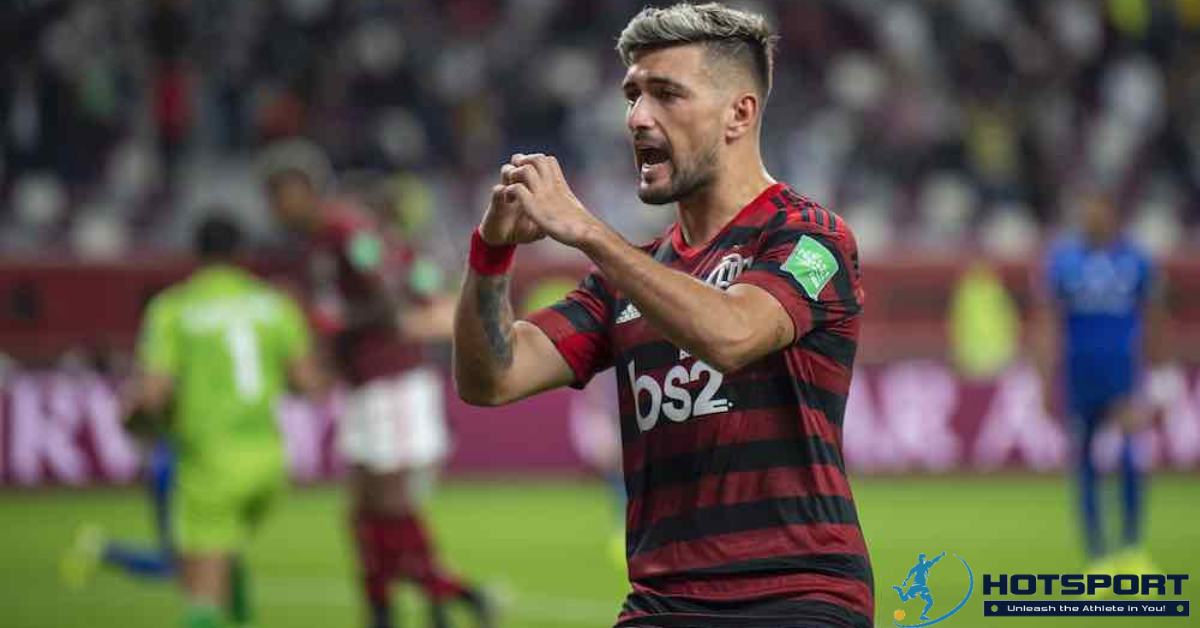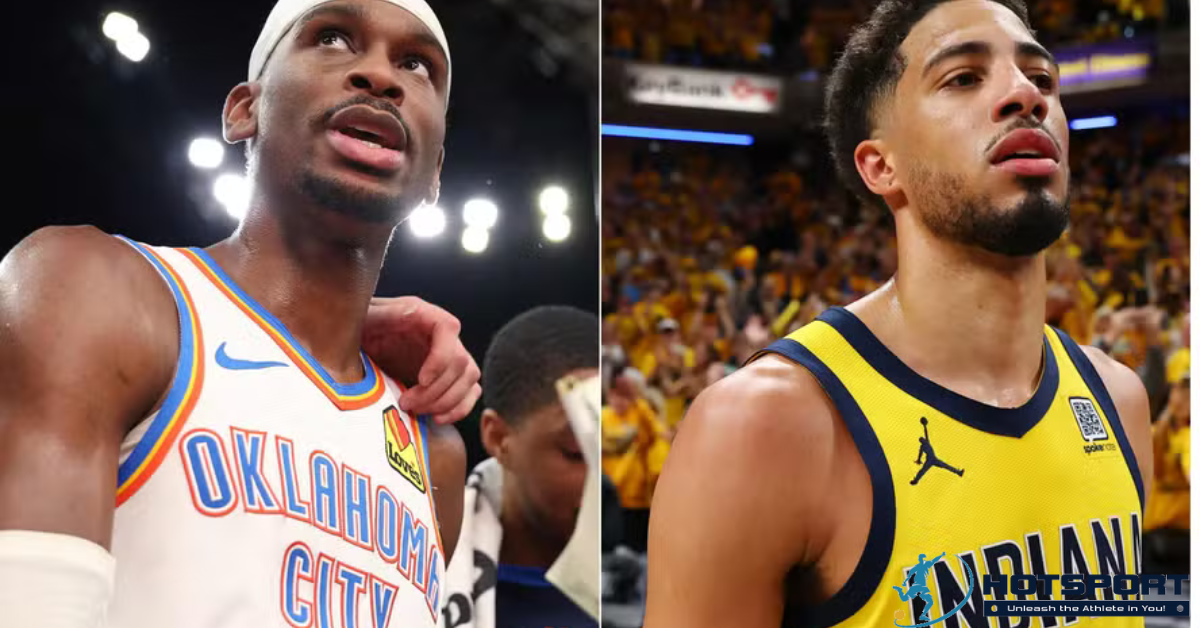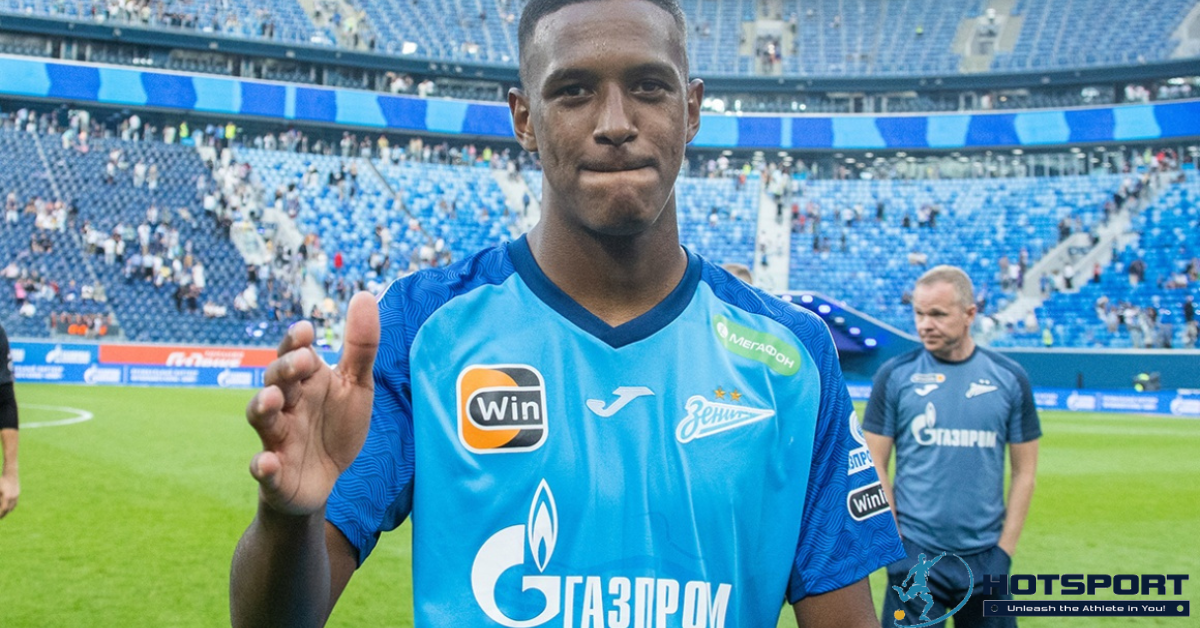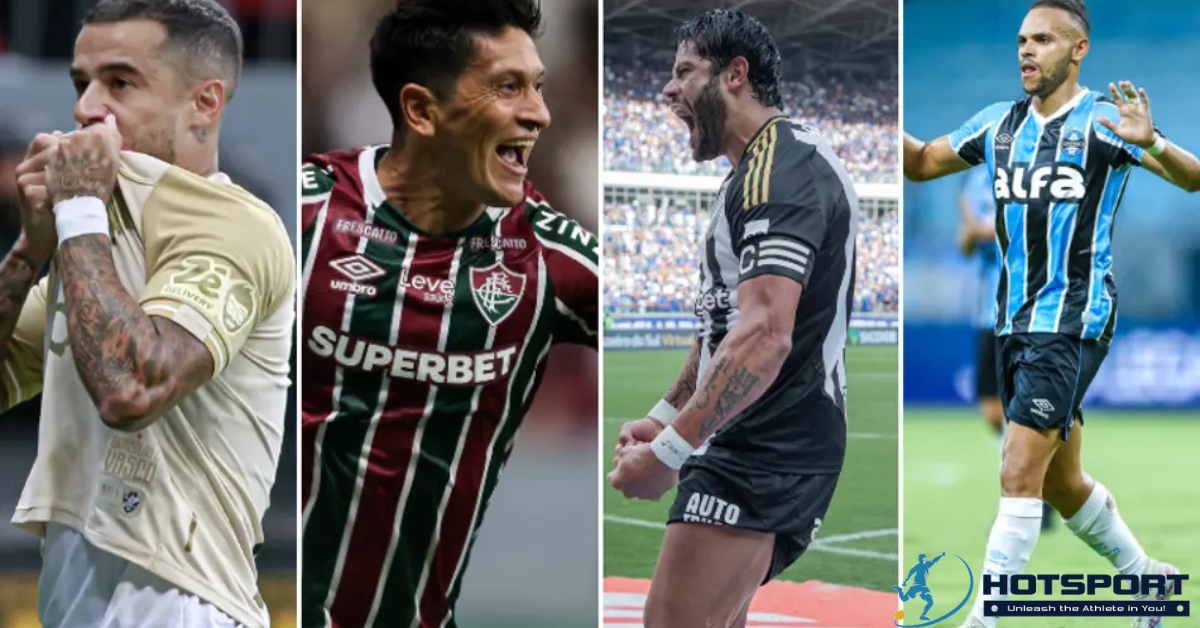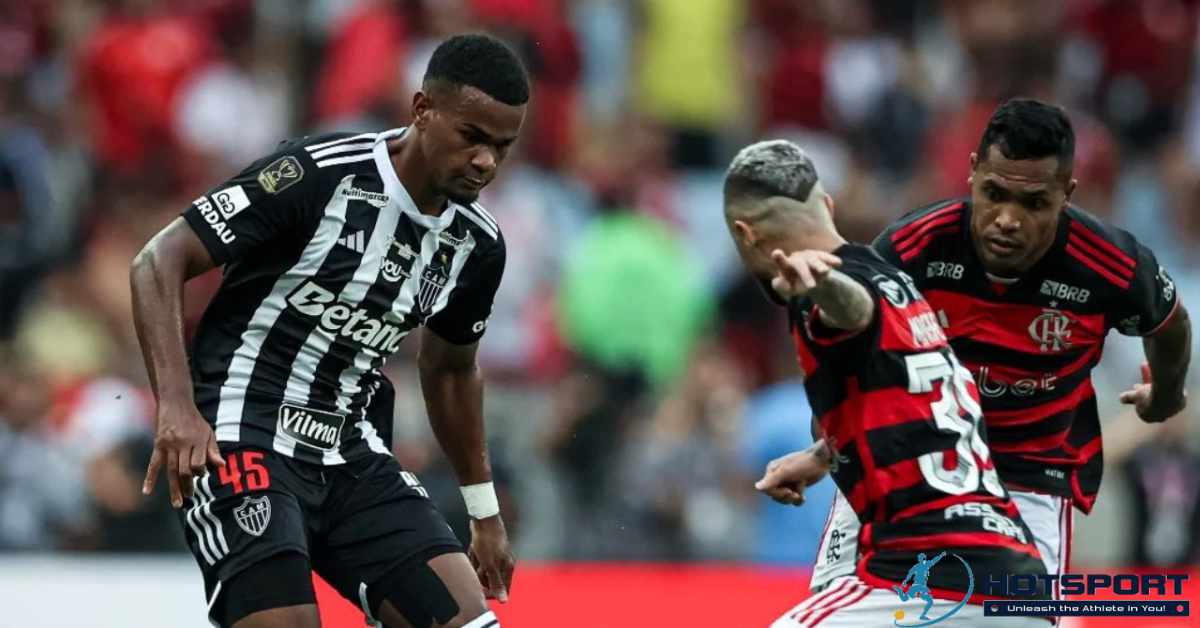The Journey of Pepê: From Foz do Iguaçu to Porto and the Brazilian National Team
Eduardo Gabriel Aquino Cossa, better known as Pepê, is one of the most promising names in Brazilian football. Born on February 24, 1997, in Foz do Iguaçu, Paraná, Pepê is a versatile player who operates as a winger but can also play as a right-back. His journey, marked by talent, dedication, and achievements, has taken him from Brazil’s interior to the prestigious Portuguese club FC Porto and the Brazilian national team. This article explores Pepê’s career, from his early steps in football to his rise as an international star.
Early Career: Roots in Foz do Iguaçu
First Steps at Foz do Iguaçu FC
Pepê was born in Foz do Iguaçu, a city in Paraná known for the stunning Iguaçu Falls and its proximity to the Paraguayan border. With Paraguayan heritage through his mother and Italian roots through his father, Pepê grew up in a multicultural environment, but it was football that became his true passion. He began his career in the youth academy of Foz do Iguaçu Futebol Clube, his hometown club.
At Foz do Iguaçu FC, Pepê quickly stood out for his speed, dribbling ability, and finishing. His versatility on the pitch caught attention, as he could play as both an attacker and in defensive roles. In 2015, still a teenager, he was promoted to the senior team, where he had the chance to showcase his talent in the Paraná State Championship.
Breakout in the 2016 Paraná Championship
During the 2016 Paraná State Championship, Pepê shone by scoring three goals, including a brace against Paraná Clube. These goals were pivotal in establishing his name in the state scene and attracting interest from bigger clubs. His ability to create plays and his relentless energy on the field made him a coveted prospect.
Arrival at Grêmio: A Leap in His Career
Signing with the Tricolor Gaúcho
On April 4, 2016, Pepê took a major step in his career by signing with Grêmio, one of Brazil’s football giants. The Porto Alegre-based club, renowned for its tradition and talent development, saw Pepê as a raw talent with star potential. His arrival at Grêmio marked the beginning of a phase of both technical and personal growth.
Série A Debut
Pepê made his Série A debut for Grêmio on May 28, 2017, coming on as a substitute for Everton in a thrilling 4–3 victory over Sport Recife. Though his appearance was brief, this moment was a milestone, putting him on the radar of Brazilian football. He continued to earn playing time, showcasing his ability to turn games with his speed and game vision.
Achievements at Grêmio
Over five years at Grêmio, Pepê made 144 appearances and scored 32 goals, impressive figures for a young player. He was a key figure in winning four consecutive Paraná State Championships, demonstrating consistency and talent. Additionally, Pepê had standout performances in the 2020 Copa Libertadores, scoring three goals in eight matches, including a decisive goal in a 1–0 away win against rivals Internacional on September 23.
One of the most memorable moments of his Grêmio tenure came in the 2020 Brasileirão, where he scored nine goals, including two in a 3–1 victory over Botafogo. His knack for scoring in crucial moments, especially in derbies against Internacional, was remarkable.
Transfer to FC Porto
A New Challenge in Europe
On February 18, 2021, Pepê signed a contract with FC Porto of Portugal’s Primeira Liga, effective from July 1, 2021. The transfer, valued at €15 million, was split between Grêmio (70%) and Foz do Iguaçu FC (30%), with Grêmio retaining 12.5% of any future sale. The deal, valid until 2026, marked Pepê’s bold step into European football.
Debut and Impact at Porto
Pepê made his FC Porto debut on August 8, 2021, coming on as a substitute for Mehdi Taremi in the final minutes of a 2–0 win over Belenenses SAD. His first goal came on September 19, sealing a 5–0 rout of Moreirense at the Estádio do Dragão. Since then, Pepê has become a vital part of Porto’s tactical setup, contributing goals and assists in the Primeira Liga and European competitions.
In the 2021–22 season, he helped Porto win the Primeira Liga title, cementing his reputation as a reliable and versatile player. On November 28, 2023, Pepê scored his first UEFA Champions League goal in a 2–1 loss to Barcelona, a significant milestone in his European career.
International Career: The Call to Brazil
Under-23 Experience
Pepê represented Brazil’s under-23 team in the 2020 CONMEBOL Pre-Olympic Tournament, scoring three goals in six matches. His performances were crucial in securing qualification for the Tokyo Olympics, though he was not selected for the final squad.
Senior Team Debut
On November 6, 2023, Pepê earned his first call-up to the Brazilian senior national team for the 2026 World Cup qualifiers against Colombia and Argentina. This call-up was a recognition of his growth as a player and his consistent performances at Porto. While still early in his international career, Pepê is seen as a promising figure for Brazil’s future on the global stage.
Playing Style and Characteristics
Versatility on the Pitch
Pepê is renowned for his versatility, capable of playing as a winger, attacking midfielder, or even right-back. His speed, dribbling ability, and finishing make him unpredictable for opponents. He is also praised for his tactical intelligence and defensive commitment, qualities that have endeared him to coaches.
Strengths and Areas for Improvement
Pepê’s strengths include his physical explosiveness, ability to create plays in tight spaces, and passing accuracy. However, some analysts suggest he could improve his consistency in high-stakes matches, particularly in European competitions, where the pressure is intense.
Personal Life and Legacy
Multicultural Roots
Pepê proudly carries his multicultural heritage. With a Paraguayan mother and Italian ancestry through his father, he embodies Brazil’s cultural diversity. Off the field, Pepê is described as humble and hardworking, maintaining strong ties to his hometown of Foz do Iguaçu.
Impact on Brazilian Football
Pepê’s journey is an inspiration for young players from Brazil’s interior. Rising from a city far from the country’s football hubs, he earned a place at one of Brazil’s biggest clubs and later in Europe. His story shows that talent and determination can lead to success, regardless of one’s origins.
Future Prospects
At 28, Pepê is at the peak of his career. With his contract at FC Porto running until 2027, he has the opportunity to continue shining in the Primeira Liga and European competitions. His call-up to the Brazilian national team suggests he could play a significant role in future World Cups, particularly in 2026. Additionally, his market value, estimated at €22 million, indicates he may attract interest from even more competitive leagues in the future.
Conclusion
Eduardo Gabriel Aquino Cossa, known as Pepê, is a testament to talent, versatility, and determination. From his roots in Foz do Iguaçu to his achievements with Grêmio, FC Porto, and the Brazilian national team, Pepê has proven himself a world-class player. His ability to play multiple positions, combined with his dedication and passion for the game, makes him a beloved figure among fans and peers. As his career progresses, Brazil and the football world eagerly await the next chapters of Pepê’s story.

